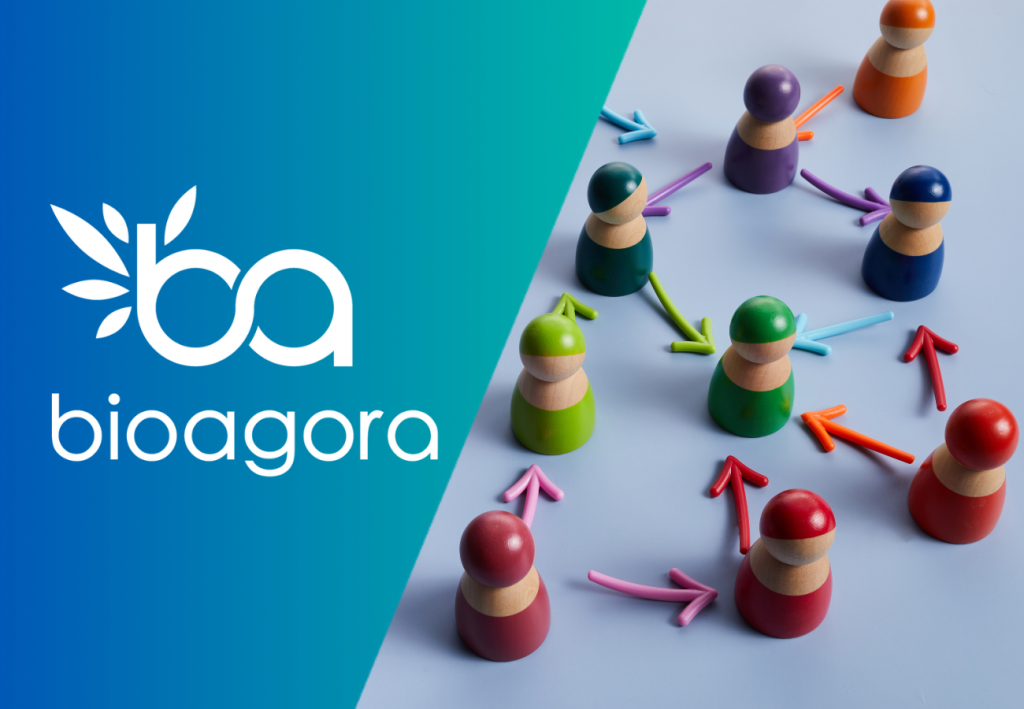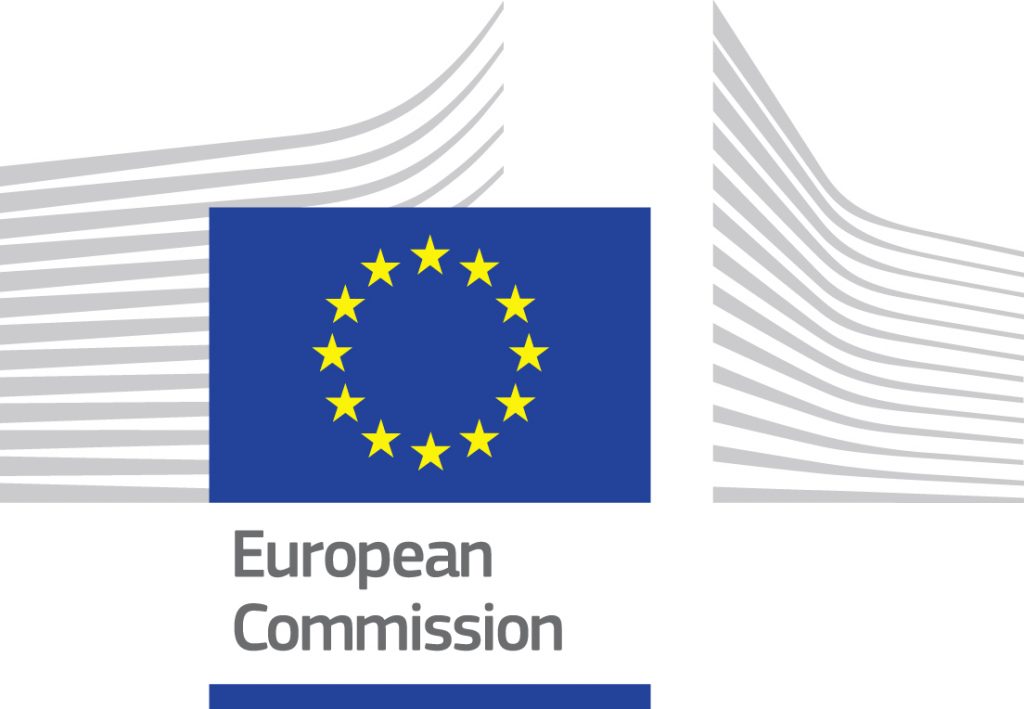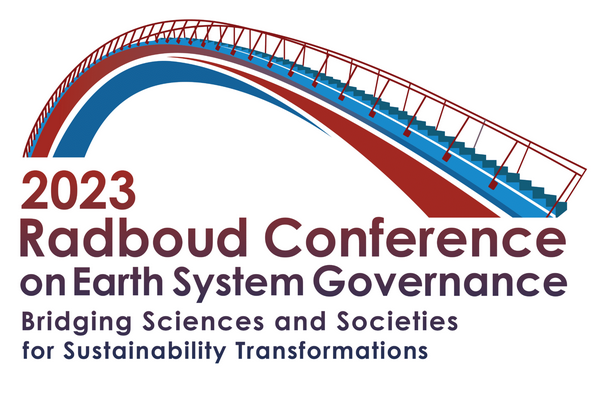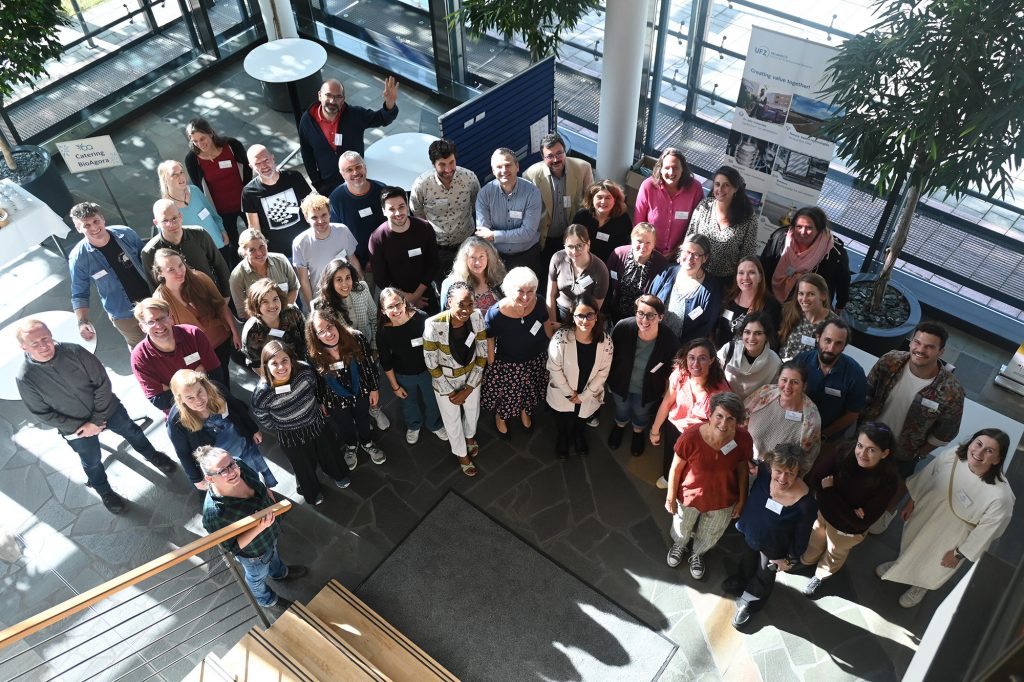Posts by maeva
Seven challenges to implementing the EU Nature Restoration Law on river ecosystems identified by researchers
With the upcoming adoption of the EU Nature Restoration Law (NRL), a new agenda for European biodiversity is to be undertaken. Through establishing binding targets, the regulation is set to require that countries achieve restoring and protecting at least 20% of EU land and sea by 2030, and restoring all degraded ecosystems by 2050. The…
Read MoreBioAgora 2023 Highlights & Season’s greeting
The BioAgora Consortium wishes you a warm holidays season and a happy new year! BioAgora is one year closer to connecting biodiversity knowledge and decision-making. Our 2023 highlights video documents BioAgora’s achievements throughout this year. We are looking forward to continuing our work and keep achieving BioAgora’s goals in 2024. Stay tuned for what’s to…
Read MoreBioAgora’s second newsletter is out!
The BioAgora project has released the second issue of its newsletter in November 2023. Here is what you will find in this issue: Welcoming words from Kati Vierikko, BioAgora’s Project Coordinator Experience our consortium meeting in Leipzig in our latest video BioAgora to support sustainable transformation in the biodiversity policy arena BioAgora took part in…
Read MoreWhat’s next for BioAgora in 2024?
The year 2024 will be a busy time to develop the Science Service for Biodiversity and to organise several workshops, webinars, or other events. We are already committed to: Developing and testing the upcoming functions of the Science Service for Biodiversity (SSBD) together with the European Commission (EC) and the Knowledge Centre for Biodiversity (KCBD)…
Read MoreBioAgora takes part in the 4th EU Biodiversity Platform meeting
BioAgora took part in the 4th EU Biodiversity Platform (EUBP) meeting on 15-16 November in Brussels, Belgium. The project coordinator Kati Vierikko (Syke) and partner Roxanne Leberger (CREAF) represented the project. As part of the EUBP meeting, the EC organised a workshop dedicated to the priorities for Research and Innovation (R&I) funding in the new…
Read MoreBioAgora to support sustainable transformation in the biodiversity policy arena
A BioAgora session, organised at the 2023 Radboud conference on Earth System Governance (22-27 October), focused on how BioAgora may support transformative change in the European biodiversity policy arena. With panellists representing the European Commission’s Directorate-General for Environment, the Knowledge Centre for Biodiversity, the BioAgora project, and Finnish science-policy expertise for sustainability, the event gave a…
Read MoreBioAgora partners design project functions in interactive meeting
On 11 and 12 October 2023, BioAgora partners met in Leipzig, Germany for the second face-to-face Consortium meeting. This two-day event was built around ten prospected functions of the future EU Science Service for Biodiversity (SSBD). Partners eagerly exchanged and discussed each function that are currently under scrutiny to support setting up the SSBD. They…
Read MoreBioAgora presents: the B-Cubed project
Alongside BioAgora, there are many other insightful European projects aiming to improve the biodiversity policy landscape. We are pleased to introduce the B-Cubed project as the fourth entry in our series. B-Cubed The recently funded B-Cubed project – Biodiversity Building Blocks for policy – aims to transform biodiversity monitoring from a disconnected, labour-intensive activity into…
Read MoreBioAgora’s first newsletter is out!
The BioAgora project has released the first issue of its newsletter in June 2023. Here is what you will find in this issue: Welcoming words from Kati Vierikko, BioAgora’s Project Coordinator BioAgora’s introductory video How BioAgora works with Europe BioAgora’s consortium meeting: a productive exchange between project partners BioAgora’s high-level external advisory board Developing the…
Read MoreDeveloping the SSBD’s functions: First fast request
A new function for the SSBD BioAgora is currently developing and piloting the functions of the Science Service for Biodiversity (SSBD), which, for example, will include Horizon Scanning and Research Prioritization, Building Topical Networks and the Answering Requests function, to encompass in-depth processes of response as well as the possibility to answer to the so…
Read More








